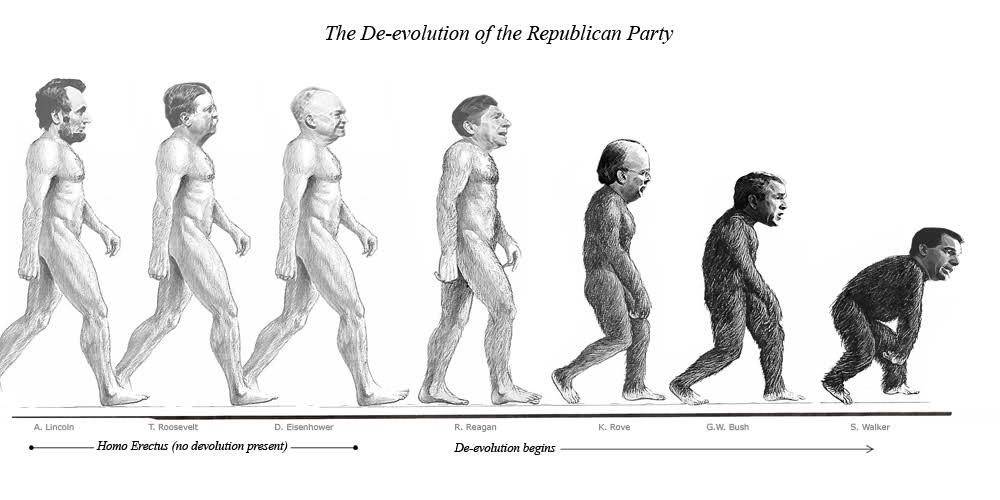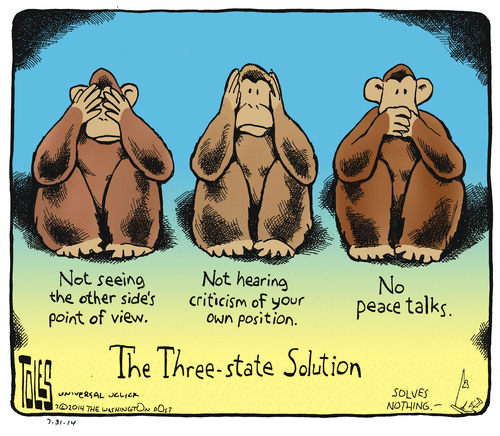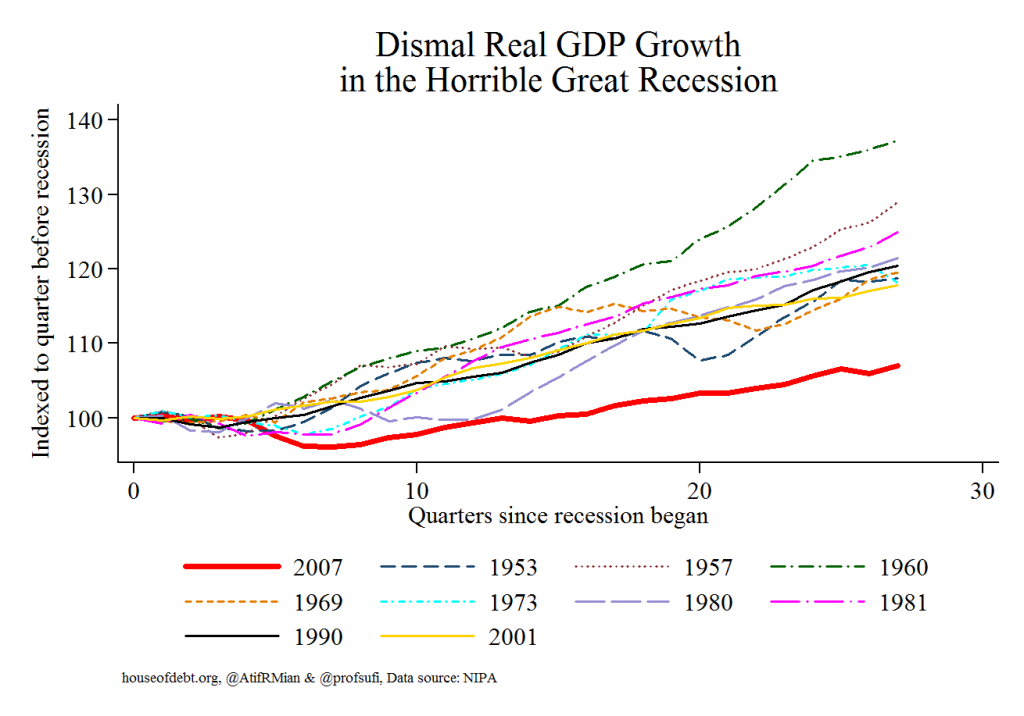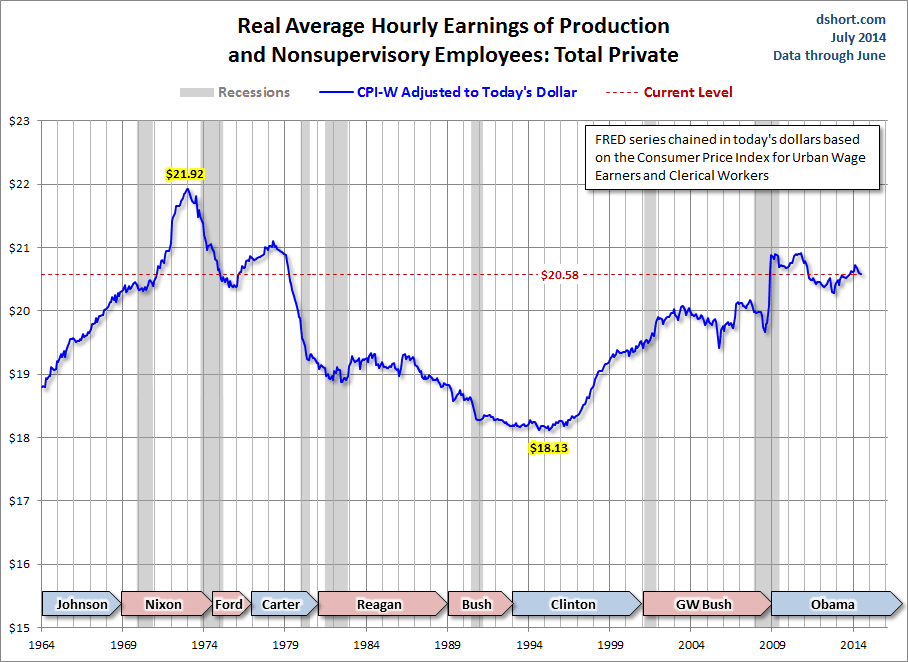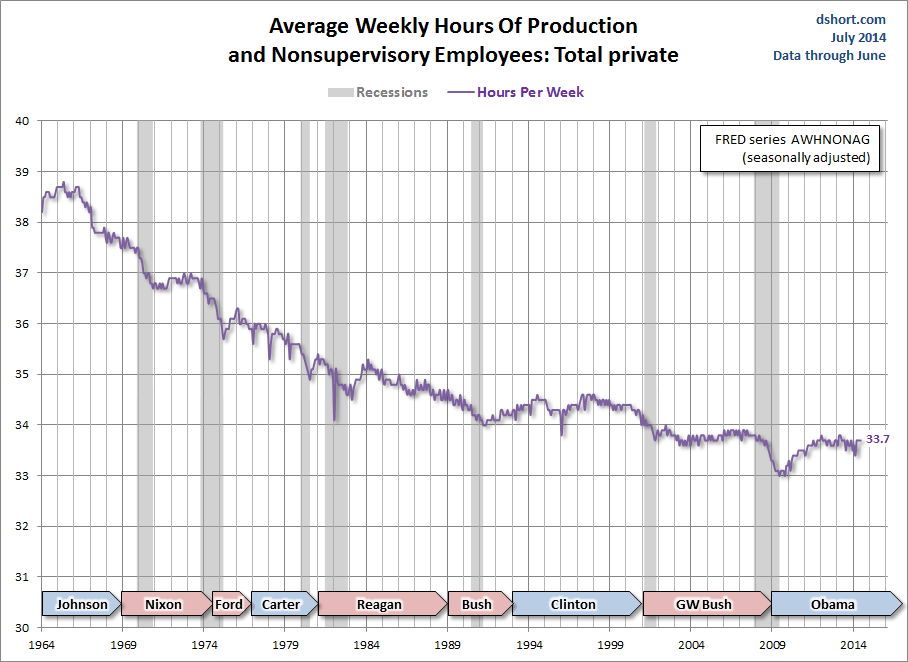With all the talk about Scott Walker’s Republican presidential bid, maybe there should be some equal time for the governor of Minnesota, Wisconsin’s neighbor to the west, Mark Dayton, who is a Democrat. HuffPo reports:
When he took office in January, 2011…Dayton inherited a $6.2 billion budget deficit and a 7 % unemployment rate from his predecessor, Tim Pawlenty, the soon-forgotten Republican candidate for the presidency who called himself Minnesota’s first true fiscally-conservative governor in modern history.
During his first four years in office, Gov. Dayton raised the state income tax from 7.85 to 9.85% on individuals earning over $150,000, and on couples earning over $250,000, raising $2.1 billion/year. He’s also agreed to raise Minnesota’s minimum wage to $9.50 an hour by 2018, and passed a state law guaranteeing equal pay for women.
According to trickle-down economic theory, Minnesota must be losing businesses and jobs, right? Wrong. In the real world, the opposite happened. Between 2011 and 2015, Gov. Dayton added 172,000 new jobs to Minnesota’s economy, or 165,800 more jobs in Dayton’s first term than Pawlenty added in both of his terms.
• Minnesota’s top income tax rate is the 4th-highest in the country, but it has the 5th-lowest unemployment rate in the country at 3.6%.
• By late 2013, Minnesota’s private sector job growth exceeded pre-recession levels, and the state’s economy was the 5th fastest-growing in the United States.
Despite Republican complaints about Dayton’s supposedly anti-business agenda, Forbes ranks Minnesota the 9th-best state for business, while Scott Walker’s Wisconsin comes in at #32 on the same list.
And while Walker was busy blocking people from voting, Dayton actually created an online voter registration system, making it easier than ever for people to register to vote.
Oh, and Dayton is a billionaire. He’s an heir to the Target fortune, and a member of 1% who isn’t a prisoner of the billionaire dialectic.
There you have it, proof that trickle-down economics is bunk. Minnesota proves it.
On to your Music Break:
Whitehorse is a Canadian folk rock duo. Luke Doucet and Melissa McClelland were married in 2006, but both were established and successful singer-songwriters prior to marriage and subsequently. They started to perform together in 2011. She also works with Sarah McLachlan, providing backing vocals at McLachlan’s live shows. Here are two songs from their just released “No Bridge Unburned” album. First up, “Downtown”:
Sample Lyric:
I’m electrified by the city light
I get off where I need to
And with who I like
I’m a diplomat
I’m a subway rat
I like the unfamiliar
I’m not scared by that
Next, “Sweet Disaster”:
Sample Lyric:
Galileo was bluffing
It’s just a mess out here
There’s no compass to guide us
Through the flashes of violence and fear
See you on Sunday.

